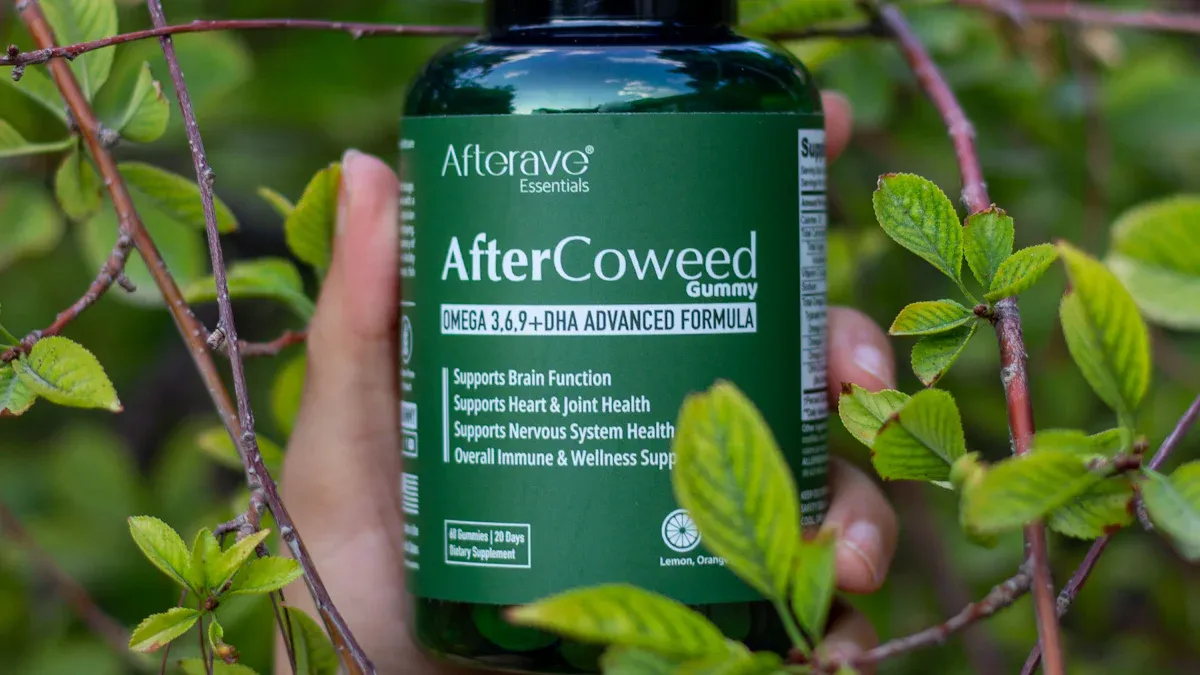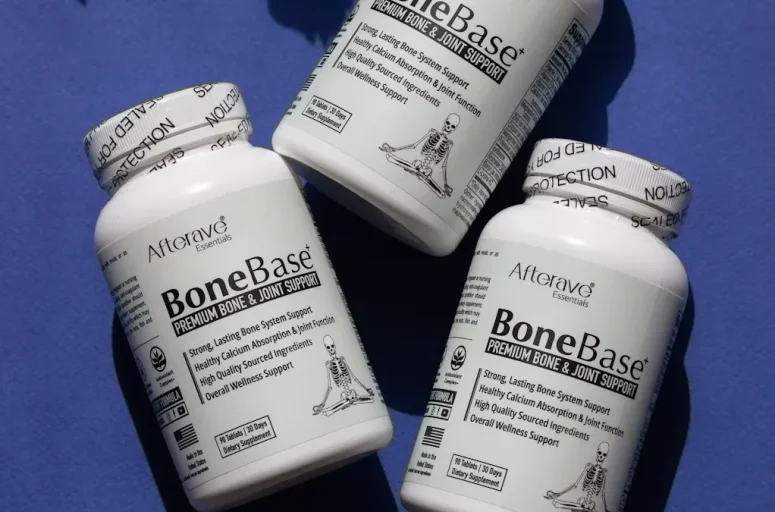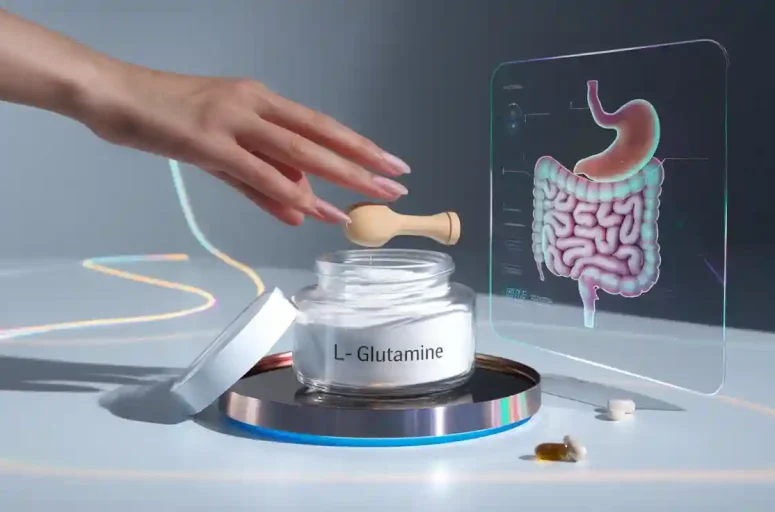
CoQ10 is important for keeping your cells strong and full of energy, and its numerous CoQ10 benefits make it essential for overall health. It helps make ATP, which is the main energy your body uses every day. CoQ10 also works as an antioxidant, meaning it protects your cells from damage caused by harmful free radicals.
The CoQ10 benefits extend beyond just providing energy. It helps your heart, brain, and muscles stay healthy. Research shows that CoQ10 can improve heart function and enable you to engage in more physical activities, like walking farther. By providing energy and reducing cell damage, the CoQ10 benefits contribute to your overall health and activity levels.
Key Takeaways
CoQ10 helps cells make energy by producing ATP, the body’s main fuel.
It works as an antioxidant, protecting cells from harmful free radicals.
CoQ10 supports heart health and lowers the chance of heart problems.
Taking CoQ10 can boost energy, improve endurance, and reduce tiredness.
As people age, their bodies make less CoQ10, so eating CoQ10-rich foods or taking supplements is important.
Stress and bad eating habits can lower CoQ10 levels. Managing stress and eating healthy can help keep levels steady.
CoQ10 supplements come in two types: ubiquinone and ubiquinol. Ubiquinol is easier for the body to use.
Adding CoQ10 to your daily routine can increase energy, help muscles recover, and improve overall health.
Understanding CoQ10
What is Coenzyme Q10?
Definition and natural occurrence
Coenzyme Q10, or CoQ10, is made naturally by your body. It helps keep your cells working and staying healthy. Its structure has special parts that allow it to make energy. CoQ10 is found in every cell, but it’s most common in the heart, liver, and kidneys. These organs need a lot of energy to work properly.
You can also get CoQ10 from food. Fatty fish like salmon, organ meats like liver, and whole grains are good sources. As you get older, your body makes less CoQ10. That’s why eating these foods or taking supplements is important to keep your levels up.
Role in cellular processes
CoQ10 is needed for your cells to work well. It helps the mitochondria, which are like tiny power plants in your cells, make energy. Without enough CoQ10, your cells can’t make the energy they need to do their jobs.
CoQ10 is also a strong antioxidant. It protects your cells from damage caused by free radicals, which are harmful molecules. By lowering this damage, CoQ10 keeps your cells healthy and supports your overall health.
Key functions of CoQ10
Energy production in mitochondria
Your mitochondria need CoQ10 to make energy. CoQ10 helps in a process called oxidative phosphorylation, which creates ATP, your body’s energy source. The “10” in CoQ10 comes from its ten special parts that help it work. Taking CoQ10 supplements can improve how your mitochondria work, especially if you have certain health problems. It also helps your body use fats better, giving you more energy.
Antioxidant protection against free radicals
CoQ10 helps protect your body from harmful oxidative stress. It stops damage to cell membranes caused by harmful processes. This is especially helpful for the heart and brain, which are easily harmed. CoQ10 also helps balance gut bacteria, which supports your immune system. By keeping your gut healthy, CoQ10 helps prevent illnesses and keeps your cells working well.
CoQ10 and Cellular Energy
Role in Mitochondria
How CoQ10 Helps Make Energy
CoQ10 helps your body create energy. It is found inside mitochondria, the energy factories of your cells. CoQ10 is part of the electron transport chain, which makes ATP. ATP is the main energy your body uses. Taking CoQ10 supplements can improve how mitochondria work. It helps people with heart problems by improving heart function. Studies show it boosts ATP production and improves energy use in cells.
Why ATP is Important for Cells
ATP is needed for your cells to work well. It powers things like muscle movement and sending signals in nerves. Without enough ATP, your body feels tired and weak. CoQ10 helps make ATP so your cells stay healthy. This gives you energy to stay active and feel good.
Increasing Energy and Strength
How CoQ10 Improves Physical Activity
CoQ10 can help you feel stronger and less tired. Taking CoQ10 supplements may increase your endurance. Research shows 300 mg of ubiquinol, a type of CoQ10, helps you last longer during activities. It raises energy levels and reduces tiredness. This means you can do more without feeling worn out.
Fighting Tiredness with CoQ10
Feeling tired can stop you from staying active. CoQ10 helps fight tiredness by making more ATP. Studies show taking CoQ10 for two weeks helps you feel less exhausted. It gives you more energy and helps you stay active. With CoQ10, you can enjoy doing more things every day.
Factors That Affect CoQ10 Levels
Aging and Natural Decline
Why CoQ10 Drops as You Age
As people get older, their bodies make less CoQ10. This is a normal part of aging. Lower CoQ10 means weaker antioxidant protection. Your body becomes less able to fight harmful molecules. This can lead to more cell damage and health problems.
How Low CoQ10 Affects Health
Having low CoQ10 can harm your health. Without enough CoQ10, cells can’t make energy well. This can cause tiredness and weakness. Low CoQ10 is also linked to heart and brain diseases. Keeping CoQ10 levels up helps you stay healthy and strong.
Lifestyle and Environmental Factors
How Diet and Stress Matter
What you eat affects your CoQ10 levels. Eating fruits and vegetables helps protect your cells. Stress, however, can lower CoQ10 and drain your energy. Managing stress and eating well can keep your CoQ10 levels balanced.
Exercise and CoQ10 Levels
Exercise helps your body make more CoQ10. Staying active boosts energy and keeps cells healthy. It also improves endurance and reduces tiredness. Regular exercise supports the benefits of CoQ10 for your body.
Medications and CoQ10 Loss
How Statins Affect CoQ10
Statins, used to lower cholesterol, can reduce CoQ10 levels. Studies show statins lower CoQ10 in the blood. This may cause muscle pain and weakness. The link between statins and muscle issues is still being studied.
Other Medications That Lower CoQ10
Some medicines, like those for blood pressure or depression, can lower CoQ10. If you take these, talk to your doctor about supplements. This can help keep your energy and cells healthy.
CoQ10 benefits for health

Heart health
Helping your heart work better
Your heart pumps blood and gives oxygen to your body. CoQ10 helps heart cells make energy to keep beating. Studies show CoQ10 can improve heart health, especially for people with heart problems. By giving energy to heart cells, CoQ10 keeps your heart strong and healthy.
Protecting the heart from damage
Damage can hurt your heart over time and cause problems. CoQ10 is a strong antioxidant that protects heart cells from harm. It stops damage caused by harmful molecules. This keeps your heart healthy and working well. CoQ10 helps your heart stay strong and safe.
Brain health
Guarding against brain cell damage
Your brain needs energy to think and stay healthy. CoQ10 helps brain cells make energy and stay strong. Research shows it can protect brain cells from damage and stress.
Evidence Type | Findings | Importance |
|---|---|---|
Mitochondrial Energy | Shows better energy-making ability | |
Stress Markers | Q-Der lowered stress signs in brain cells | Suggests it helps protect brain cells |
Cell Survival | Q-Der reduced brain cell death | Proves it shields brain cells from harm |
This shows how CoQ10 helps protect your brain and keeps it healthy.
Boosting brain power
CoQ10 helps your brain work better by giving it more energy. This energy helps you think faster and remember things. It also protects your brain from damage. CoQ10 can help you stay focused and sharp as you grow older.
Muscle health and pain relief
Easing muscle pain and cramps
Muscle pain can make daily life hard. CoQ10 helps by giving energy to muscle cells. Studies with 575 people show CoQ10 reduces pain, cramps, and tiredness. It helps your muscles feel better so you can stay active.
Helping muscles recover after exercise
Exercise can hurt muscles, but CoQ10 helps them heal faster. Research shows 30 mg to 300 mg of CoQ10 lowers stress and improves muscle recovery. It also helps muscles perform better during workouts. Adding CoQ10 to your routine can make exercise easier and recovery quicker.
Keeping CoQ10 Levels Healthy
Foods with CoQ10
Best Food Sources of CoQ10
CoQ10 is found in both animal and plant foods. Animal foods like chicken thighs, pork liver, and salmon have the most CoQ10. Plant foods like broccoli, spinach, and whole grains have less. For example:
200 g of chicken thighs or 130 g of pork liver gives 5 mg of CoQ10.
You’d need 690 g of broccoli to get the same amount.
Most people only get about 5.4 mg of CoQ10 daily from food. This is much lower than what supplements can provide. It shows how hard it is to get enough CoQ10 just from eating.
Easy Ways to Add CoQ10 Foods
Adding CoQ10-rich foods to meals is easy. Eat fatty fish weekly or add liver to stews. For plant-based options, steam broccoli or spinach as a side dish. Pair these foods with healthy fats like olive oil or avocado. This helps your body absorb more CoQ10.
Taking CoQ10 Supplements
Types of CoQ10 Supplements
There are two main types of CoQ10 supplements: ubiquinone and ubiquinol. Ubiquinone is the inactive form, while ubiquinol is the active form. Ubiquinol is easier for your body to absorb. Studies show high-dose ubiquinol can raise CoQ10 levels in people with health issues.
If you want to try a supplement, check out this option: CoQ10 Supplement.
How Much to Take and Safety
The amount of CoQ10 you need depends on your health. For general use, 30–100 mg daily works well. For health problems, up to 300 mg may be needed. Start with a low dose and ask your doctor before increasing it. CoQ10 is safe, but mild side effects like nausea can happen.
Healthy Habits for CoQ10
Exercise and Managing Stress
Exercise helps your body make more CoQ10 naturally. It also helps your cells use energy better. A study showed that exercise with CoQ10 supplements improved antioxidants and lowered inflammation in athletes. Stress can lower CoQ10, so managing it is important. Yoga or meditation can help reduce stress.
Supporting Overall Health
Good habits like eating well, staying active, and sleeping enough help your body make and use CoQ10. These habits boost your energy and improve your overall health.
Note: This is for learning purposes only, not medical advice. Talk to a doctor before starting new supplements or health routines.
CoQ10 is key to keeping your cells healthy and full of energy. It helps mitochondria make energy, lowers inflammation, and boosts your immune system. Research shows low CoQ10 can make flu symptoms worse. Taking CoQ10 may help reduce how bad some infections feel. Keeping good CoQ10 levels protects your heart and improves brain health. It also helps you feel more energetic and strong. Eating CoQ10-rich foods, using supplements, and having healthy habits keeps your body strong and ready to fight illness.
FAQ
When should I take CoQ10 supplements?
Take CoQ10 with meals that have some fat. This helps your body absorb it better. Morning or lunchtime is best since it can give you energy. Avoid taking it at night to prevent trouble sleeping.
Can CoQ10 slow aging?
Yes, CoQ10 helps your cells by lowering stress and making energy. These benefits may slow aging effects like tiredness and weak heart function. It also protects your skin from damage, keeping it healthy.
Is CoQ10 safe for everyone?
Most people can safely use CoQ10. But if you are pregnant, breastfeeding, or on medications like blood thinners, ask your doctor first. Rarely, it may cause mild side effects like nausea or upset stomach.
How soon will I see results from CoQ10?
You might feel more energy or less tired in 2–4 weeks. For specific health issues, it could take longer. Using it regularly is important to get the best results.
Can I get enough CoQ10 from food?
It’s hard to get enough CoQ10 just from food. Foods like fatty fish and liver have some, but not much. Supplements can help, especially if your body makes less CoQ10 as you age.
Does CoQ10 affect medications?
Yes, CoQ10 can interact with some medicines, like statins or blood thinners. Statins may lower your CoQ10 levels. If you take medicine, ask your doctor if CoQ10 is right for you.
Can CoQ10 help athletes?
CoQ10 can give you more energy and reduce tiredness. This may improve how well you perform physically. Studies show it helps with endurance and muscle recovery. Athletes often use it to feel stronger and recover faster.
How do I pick the right CoQ10 supplement?
Choose supplements labeled as ubiquinol, the active form of CoQ10. It absorbs better than ubiquinone. Pick a trusted brand with quality testing. Start with a small dose and adjust as needed.



1 comment